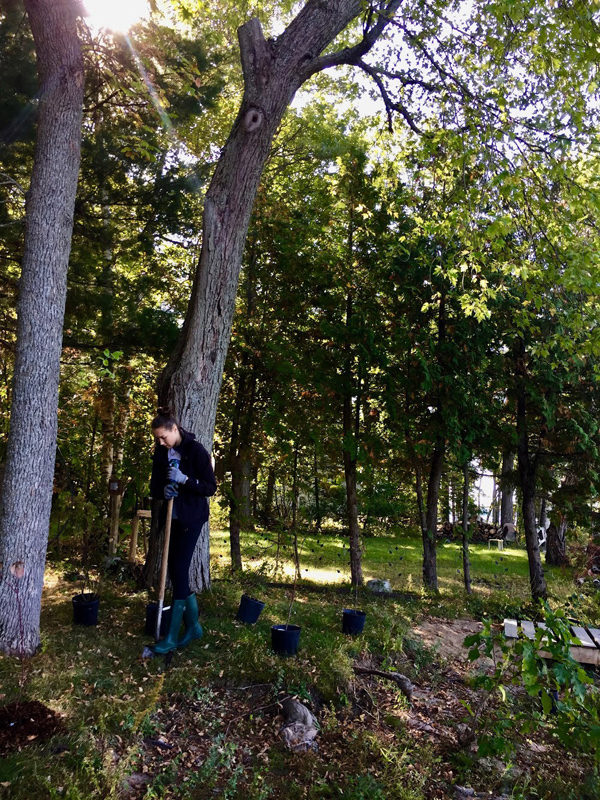By Sophie O’Reilly –
The Cooperative Education Program at Nepean High School, which places students in work placements across the city, offers an insightful experience for all students which helps prepare them for the world of work and teaches essential skills on how to be contributing members of society. It gives young people the opportunity to learn in a different way and get outside the classroom by using practical experience in the workplace as well as some in-class sessions. Students can take full day co-ops, half day co-ops and can get one, two, four, and up to fourteen credits throughout their time in high school. Universities, colleges, and employers often take into account aspects of experience on resumes that demonstrate that the applicant is well-rounded and has had experience. Having prior work experience can give students a step up: both in getting the job, and excelling in the job.
There is a wide variety of potential co-op placements. Megan Farley, a grade 12 student at Nepean High School, did her co-op at Ottawa Riverkeeper, a grassroots charity whose goal is to bring together volunteers, communities, businesses and the government to protect the Ottawa River. During warmer weather she helped at shoreline plantings in the Ottawa area, reintroducing native species to the shoreline and stabilizing the river, welcoming more plants and animals. When it got colder, she spent time learning about the inner workings of the organizations, doing grant research, keeping track of donors and organizing their pollution hotline: one of Riverkeeper’s ongoing projects.

Nina Andrascik, a grade 12 student at Nepean, completed her co-op placement at the Shaw Centre for the Salish Sea in Sidney, British Columbia. She learned about all the different species of fish, invertebrates, and other critters that were at the centre, how to feed them, take care of them, and all the work that went on behind the scenes.
Co-op is just as much about learning “soft skills” such as communication and working with others in a harmonious way.
“I also learned valuable traits such as organization, initiative, and hard work through my time working with the administration,” says Nina. “I was taught how to appropriately structure research papers and different researching techniques with the education department. Also, with the gift shop and admissions table I got lots of customer service experience, maneuvered new programming, and put my multitasking to the test.”
Another benefit of co-op is that students have the opportunity to test out jobs to see if they enjoy them before committing to a multi-year education and training. Co-op is ideal for hands-on learners, or those who want to get more knowledge about the career pathway that interests them.
“My placement has positively impacted me. I feel like I have grown as an individual and have had real experience in a workplace,” says Nina. “Best of all though – not only with one department but across all departments at the Shaw Centre for the Salish Sea – is the memory of how much positivity and support everyone at the Centre, from staff to volunteers, offered and showed me during my placement. Right off the bat, I was able to feel comfortable, and it motivated me always to try to do my best, and now I know I should expect nothing less than a positive workspace when I’m out in the real world.”
According to Megan Farley, there is a noticeable difference in learning in the classroom and hands-on learning that comes with a co-op placement. “I felt as though by working at Riverkeeper I was having an impact on my community and that I could have a business relationship with my colleagues where my opinion was taken equally into consideration,” says Megan. “This taught me to speak up for myself and what a work dynamic can look like. These are skills I will now be able to use in future jobs.”
Nina also believes that there is a significant difference between learning in the classroom and learning through experience.
“Co-op is completely different than learning in the classroom. You get to be hands-on and receive real experience that employers will be looking for in my future,” says Nina. “I was able to learn through doing rather than reading a textbook multiple times hoping that the information would magically sink in. I believe it is an important thing that every student should experience.”
Megan also believes that co-op is a great opportunity because it allows students to try a career path and decide whether they are truly interested in pursuing it. “Coop also gives you a great opportunity to ease into the world of work and make connections with people who may be able to help you along later in your career,” says Megan.
Sophie O’Reilly is a grade 12 student at Nepean High School.